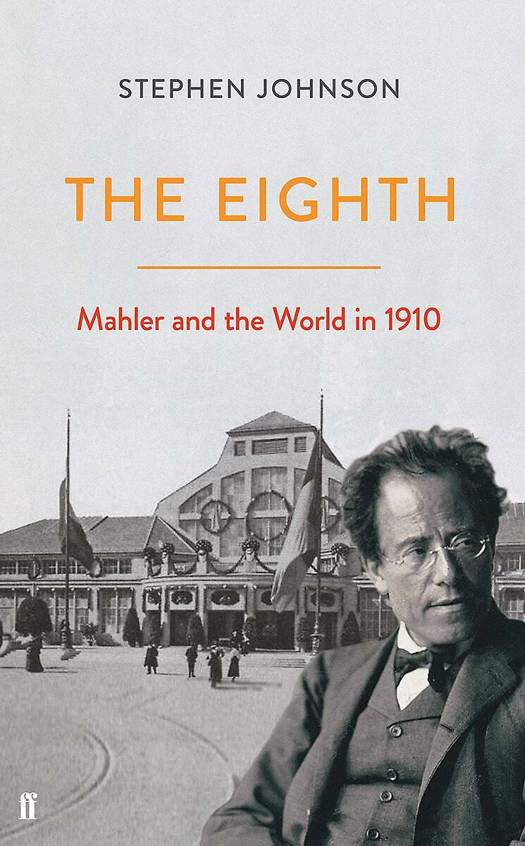
- Retrait gratuit dans votre magasin Club
- 7.000.000 titres dans notre catalogue
- Payer en toute sécurité
- Toujours un magasin près de chez vous
- Retrait gratuit dans votre magasin Club
- 7.000.0000 titres dans notre catalogue
- Payer en toute sécurité
- Toujours un magasin près de chez vous
26,95 €
+ 53 points
Format
Description
The Eighth Symphony was going to be different from anything Mahler had ever done before. The intensely personal dramas of his earlier symphonies were a thing of the past - or rather, they were now to be seen as preludes to this new, culminating symphonic statement: he was quite sure it was the greatest thing he had ever written. The first seven symphonies were all, in their very different ways, acts of private confession, the unburdening of a hypersensitive soul, struggling to make sense of its own existence and of the thrilling and terrifying world in which it found itself. The Eighth would speak in different tones, and of a different kind of experience. It would be a bringer of joy through inspired settings of the hymn Veni, Creator Spiritus and the final scene of Goethe's Faust.
The world première in Munich in the summer of 1910 was the artistic breakthrough for which the composer had yearned all his adult life, filling Munich's huge Neue Musik-Festhalle on two successive evenings, to tumultuous applause. Stephen Johnson recounts its far-reaching effect on composers, conductors and writers of the time - Berg and Schoenberg and the teenage Korngold, Bruno Walter and Klemperer, and the writers Stefan Zweig and Thomas Mann (the character of Gustav von Aschenbach in Mann's Death in Venice was partly based on the impression Mahler made on him in 1910). Placing Mahler within his world - in particular the German-speaking world - Johnson re-assesses Mahler's thoughts in the context of the prevailing thought of his age, not only in relation to the artistic and intellectual movements of the time, but through consideration of political climate and historical background, and on into science, medicine, technology, mass entertainment, and even the development of modern PR. Throughout we are made aware that in that same tumultuous summer Mahler worked desperately on his Tenth Symphony, was betrayed by his wife, and consulted Sigmund Freud. It is a story like no other.
The world première in Munich in the summer of 1910 was the artistic breakthrough for which the composer had yearned all his adult life, filling Munich's huge Neue Musik-Festhalle on two successive evenings, to tumultuous applause. Stephen Johnson recounts its far-reaching effect on composers, conductors and writers of the time - Berg and Schoenberg and the teenage Korngold, Bruno Walter and Klemperer, and the writers Stefan Zweig and Thomas Mann (the character of Gustav von Aschenbach in Mann's Death in Venice was partly based on the impression Mahler made on him in 1910). Placing Mahler within his world - in particular the German-speaking world - Johnson re-assesses Mahler's thoughts in the context of the prevailing thought of his age, not only in relation to the artistic and intellectual movements of the time, but through consideration of political climate and historical background, and on into science, medicine, technology, mass entertainment, and even the development of modern PR. Throughout we are made aware that in that same tumultuous summer Mahler worked desperately on his Tenth Symphony, was betrayed by his wife, and consulted Sigmund Freud. It is a story like no other.
Spécifications
Parties prenantes
- Auteur(s) :
- Editeur:
Contenu
- Nombre de pages :
- 320
- Langue:
- Anglais
Caractéristiques
- EAN:
- 9780571234943
- Date de parution :
- 05-03-20
- Format:
- Livre relié
- Dimensions :
- 142 mm x 200 mm
- Poids :
- 400 g

Les avis
Nous publions uniquement les avis qui respectent les conditions requises. Consultez nos conditions pour les avis.






